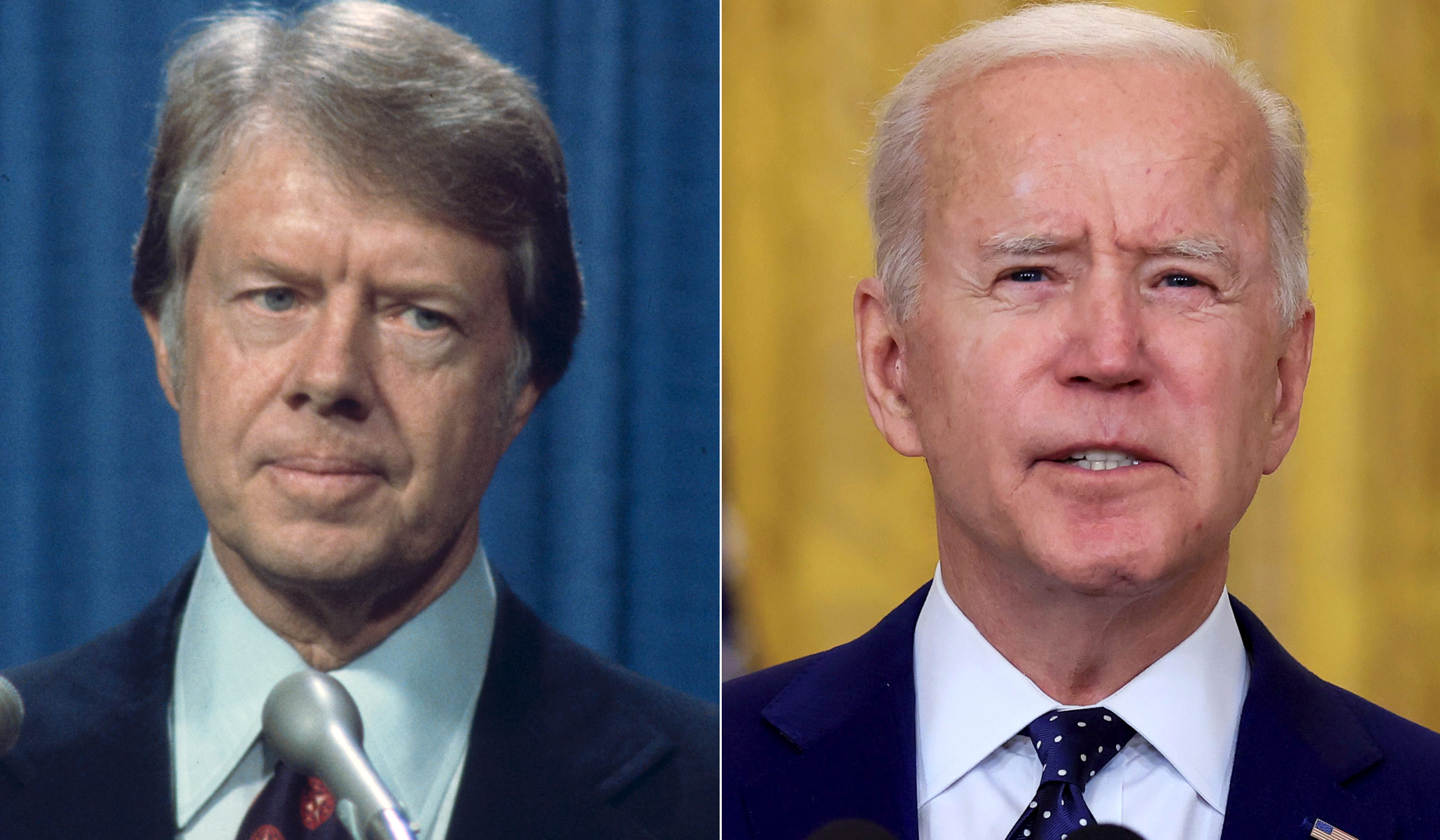RGF offers comments on PED’s critical race theory laden social studies standards
10.07.2021
Please see the following comments regarding the Public Education Department’s proposed social studies curriculum. (Here is a PDF of our comments). See the actual comments below the discussion of HOW to submit your own!
PED is NOW accepting public comments and will do so until November 12, 2021 at 5 p.m. (MDT). There will be a public hearing Friday, November 12 from 1 p.m. to 3 p.m. (MDT) at Mabry Hall in Santa Fe.
All written rule feedback should be submitted to:
- Email: rule.feedback@state.nm.us
- Fax: 505-827-6520
- Mail: Policy Division, Public Education Department, 300 Don Gaspar Ave., Santa Fe, NM 87501
After a careful examination of New Mexico’s proposed social studies curriculum there are numerous components of that curriculum which disturbingly reflect Critical Race Theory (CRT). Large numbers of Americans of all political leanings oppose CRT and its divisive approach to history. Therefore this proposed curriculum needs to be significantly revised or completely abandoned.
CRT is not America’s actual history. Rather, it is a worldview, unsupportable by the evidence, in which all of America’s key institutions are inextricably rooted in white supremacy. It is an activist agenda demanding the destruction of those institutions.
CRT holds that racism is embedded deeply in American life, unconsciously into white American psyches, and that it is impossible for white Americans to understand their own racism or that of the system, let alone to remove it. The only solution: tearing away the only systems that have ever provided widespread liberty and prosperity. As CRT founder Derrick Bell wrote, “The whole liberal worldview of private rights and public sovereignty mediated by the rule of law needed to be exploded.”
- In Ethics, Cultural and Identity Studies there is a requirement that students assess how social policies and economic forces “offer privilege or systemic inequity in accessing social, political, and economic opportunity.” This is classic CRT theology. 6.29.11.23(A)(1)(d)
- Throughout the entire social studies curriculum for K-8 grades, there is a continue focus on the differences, rather than the similarities, among various groups of people. This, too, is classic CRT as the purpose is to divide people among various minority groups, which can quickly lead to victimhood.
- There are also numerous examples where a teacher can impose the notion of “justice and fairness,” unequal power relations, “past and current injustices”, although those terms are open to many interpretations. These phrases are also classic CRT as it perpetrates the sense of inequity in our society along racial lines. 6.29.11.11(E)(2) and 6.29.11.15(E)(7) and 6.29.11.15(E)(12)
- Within High School U.S. History, a requirement that students “evaluate what an efficient, equitable, and just economic system would look like in the U.S.” This is again classic CRT as it imposes the belief on students that our current capitalistic system must be eliminated to eliminate racism. 6.29.11.21(A)(1)(i)
- Within High School U.S. History, students are required to create an action plan for a more just and equitable America for diverse groups of people including Native Americans and African Americans. This is another CRT theology component in that America is automatically unjust and inequitable to various minority groups. 6.29.11.21(A)(3)(kk)
- Within High School U.S. History, students are required to examine the past, present, and future of gun violence in the U.S. Of course, there are no standards provided to discuss the constitutional rights of gun owners, or that individuals, not an inanimate object, are responsible for gun violence in America or how gangs, drug cartels, etc. have resulted in greater gun violence in our society. No positives regarding gun usage by women or minority groups are put forth. 6.29.11.21(A)(1)(gg)
- In the 5th Grade, students are required to describe how inequity in the U.S. laid the foundation for conflict that continues today. Another classic example of CRT as it stresses racial disparity in terms of inequality. 6.29.11.13(A)(3)(b)
- Within High school U.S. History, students must examine the short-and long-term effects of CIA involvement in Latin America. How about pairing this with a discussion of Communism and the negative impact it has had in Cuba and other Latin American nations. 6.29.11.21(A)(1)(x)
- In the 7thGrade, students must compare the patterns of exploration, destruction and occupation of the Americas by the Spaniards. 6.29.11.15(D)(3)(g)
- Within High School U.S. History, students must explore the movement against police brutality. 6.29.11.21(A)(3)(mm)
The novelist William Faulkner wrote, “The past is never dead. It’s not even past.” It is true that any social studies curriculum will have its flaws and oversights. History and social studies are inherently controversial subjects. But, selectively “studying” our collective history and requiring it to be taught in a highly politicized and divisive way is wrong and it has no place in our public schools.
All I ask is that New Mexico’s schools do their best to objectively teach America’s real history. Slavery and conquest are certainly part of that, but so is America as a beacon of freedom for people from around the world. The flaws of our Founding Fathers are worth discussing, but so are the miracles of the Constitution, Declaration, and the eventual fulfillment of the “promissory note” for ALL Americans inherent in those documents.
Millions of people around the world have and would still like to come to America because it is a unique nation founded on the idea of liberty, not slavery as the CRT theorists would insist. New Mexico’s social studies curriculum should at least allocate as much time and study to those things that make America a beacon of hope and freedom as those warts which hold us back from building a more perfect union.



















